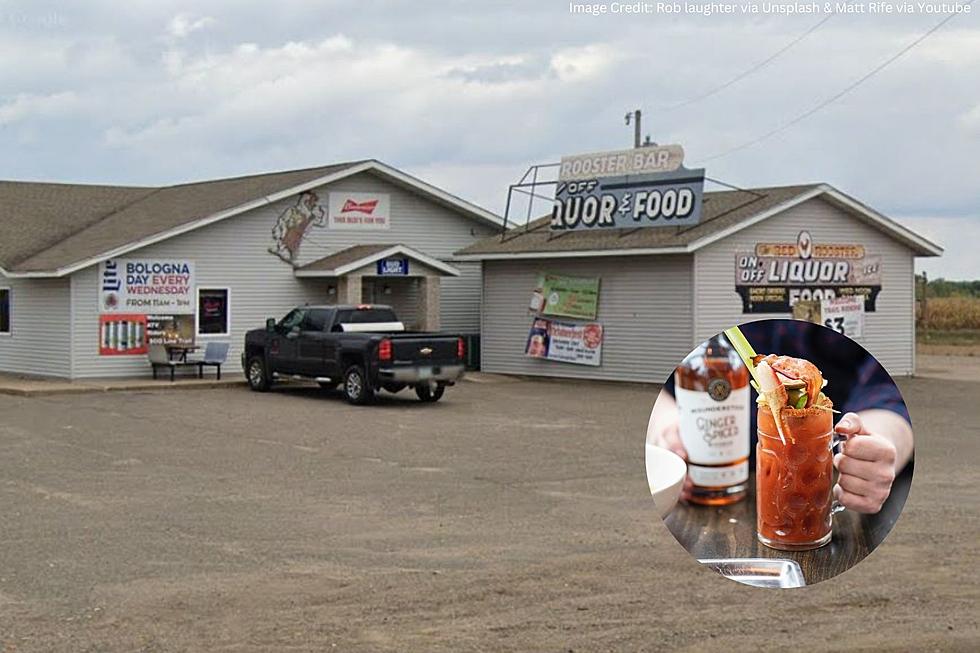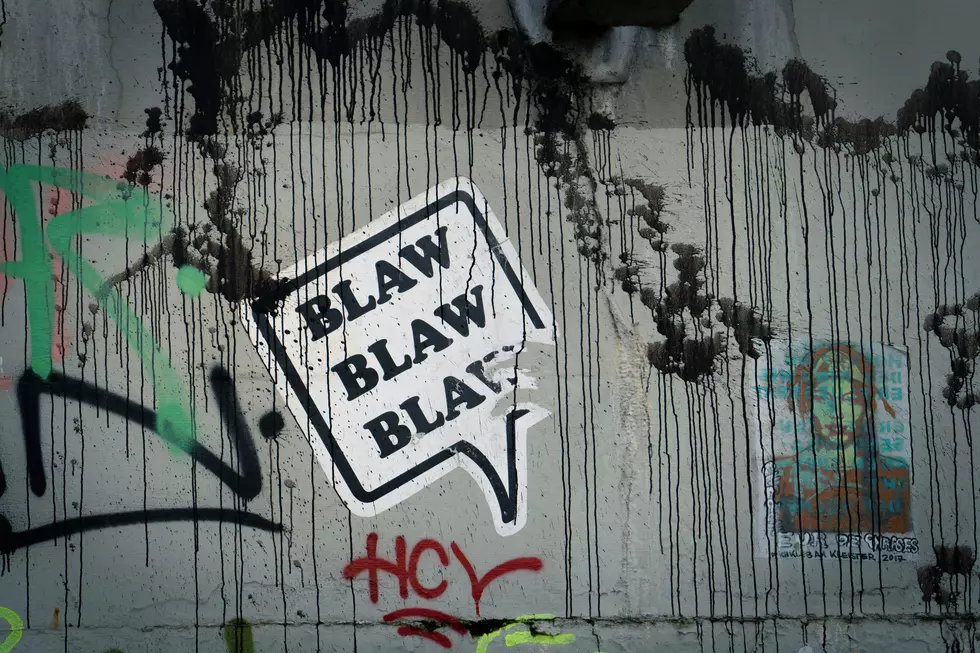
Minnesota Bonding Process Differs From Other Spending
UNDATED -- Almost $1.5-billion dollars was recently dedicated to several projects around the state in the (usually) biennial process called bonding.
Essentially, a bonding bill is a separate form of state spending, where they fund various improvement projects through issuing debt. This May, the governor signed off on a bill just under $1.5-billion that funded several projects throughout Minnesota.
Chris DeLaForest is a lobbyist and owner of DeLaForest Consulting. He says the money for these projects doesn't come from the general fund. DeLaForest says the state management and budget office guides the governor and legislature on how much debt the state can take on.
"The debt is paid back with general fund dollars. And there's a budget for it. The Minnesota Management and Budget Office does have formal guidelines that they use called debt capacity to tell the governor and legislature how much [debt] they think the state can responsibly take on for bonding."
Some of the local projects included in 2018's bonding:
-- $4.45 million for the St. Cloud Armory.
-- $5 million for the Waite Park amphitheater.
-- $4.5 million for the Cold Spring water treatment facility.
-- $1.2 million for the Foley Highway 23 safety improvements.
-- $3.3 million for the Becker industrial park improvements.
-- $16.2 million for the St. Cloud prison.
DeLaForest says the bonding bill functions just like other bills. It has to pass the house and senate before being signed off on by the governor. However, there is a key difference when it comes to bonding.
"Bonding requires a three-fifths supermajority to pass the house and senate, so it isn't a matter of getting just a simple majority."
He says for that reason, both sides of the aisle often come together to get the bills done. Another difference in a bonding bill versus different spending bills is that the governor has the ability to line-item veto.
That means a governor can nix specific items they may not agree with. This year Governor Mark Dayton vetoed $1-million for additional reviews of state water regulations.
DeLaForest says the legislature tends to shy away from any bonding project that can be seen as controversial, so, if your local city tries to get some state money for one, a show of public support can go a long way.
More From AM 1240 WJON









